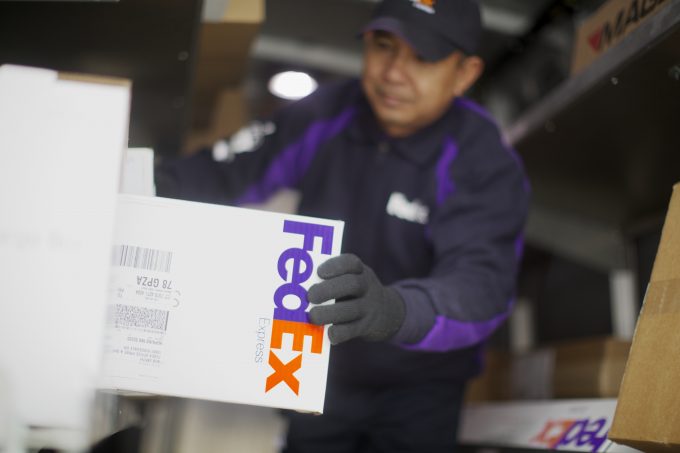'A market ripe for disruption' says FedEx, as it targets air cargo traffic
FedEx is aiming to take a bigger bite out of the traditional air cargo market. Four ...
PLD: REBOUND MATTERSAMZN: MULTI-BILLION LONG-TERM MEXICO INVESTMENTDSV: WEAKENING TO TWO-MONTH LOWSKNIN: ANOTHER LOW PG: STABLE YIELDAAPL: GAUGING EXPECTATIONSXOM: GO GREEN NOWKNIN: BOUNCING OFF NEW LOWS HON: BREAK-UP PRESSURECHRW: UPGRADESZIM: LAGGARDFWRD: LEADINGMAERSK: OPPORTUNISTIC UPGRADETSLA: GETTING OUTDSV: DOWN BELOW KEY LEVELLINE: DOWN TO ALL-TIME LOWS
PLD: REBOUND MATTERSAMZN: MULTI-BILLION LONG-TERM MEXICO INVESTMENTDSV: WEAKENING TO TWO-MONTH LOWSKNIN: ANOTHER LOW PG: STABLE YIELDAAPL: GAUGING EXPECTATIONSXOM: GO GREEN NOWKNIN: BOUNCING OFF NEW LOWS HON: BREAK-UP PRESSURECHRW: UPGRADESZIM: LAGGARDFWRD: LEADINGMAERSK: OPPORTUNISTIC UPGRADETSLA: GETTING OUTDSV: DOWN BELOW KEY LEVELLINE: DOWN TO ALL-TIME LOWS

Isaac Newton’s third law of motion teaches us that when one body exerts a force on another, the latter exerts a force equal in magnitude on the former. It’s a principle that has been strangely lacking in the logistics industry that has supported e-commerce sales and their gravity-defying growth. But not for much longer. Those who buy and sell goods online need to understand that the era of cheap and convenient deliveries is threatened by the continuously surging demand, which is clearly creating supply pressures and allowing operators such as UPS and FedEx to hike rates by 5% and introduce dimensional pricing.
Comment on this article